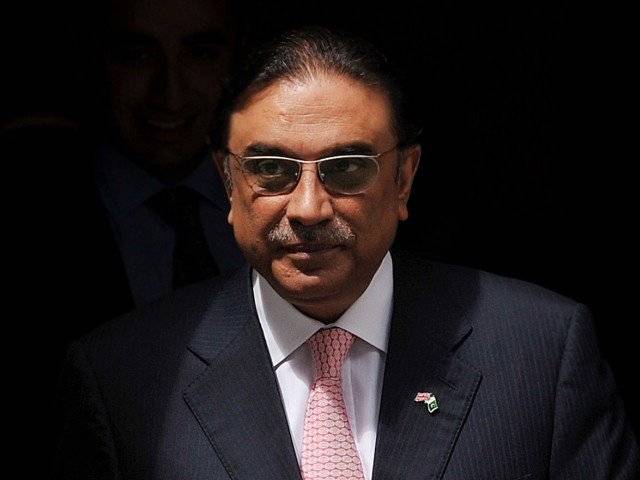A subtle and little noticed form of threat to democracy is when institutions and individuals exceed their constitutional authority and trespass into the domain of other constitutional institutions,” said Asif Ali Zardari, in what can be called his subtle little way of criticising the military. On the occasion marking the eighth anniversary of the 2007 Karsaz bombing, the co-chairman of the Pakistan People’s Party (PPP) made not-so-veiled allusions towards the increasing role of the military in the matters of civilian government, calling it a “dictatorial mindset”, and presented himself and his party as the only force that has historically opposed such moves. His remarks may be distorted by exaggeration and motivated by self-promotion, but it cannot be denied that he has a point – although its efficacy is diminished if he is speaking from his hideout in Dubai.
Compared to other politicians – who can’t stop waxing lyrical about the armed forces – Zardari has been the only one that has the daring to call a spade a spade. The armed forces have done stellar work in the battlefield, but they have also interfered in civilian jurisdictions; they have their own courts, their own law enforcement agency in the shape of the Rangers, they need to be consulted in most matters of policy, and are now even supplanting non-governmental civilian institutions – as the PMDC incident testifies. A bare faced coup is not the only threat to democracy, a steady and shadowy jostling for power is equally destabilising for the democracy, and perhaps even more nefarious than a coup.
And while Zardari’s daring actions must be appreciated, they seem far less daring from the safety of Dubai. In the interest of calling a spade a spade, it must be said that the PPP co-chairman is hiding out in Dubai out of fear of arrest a criminal prosecution – which, considering PPP’s disastrous tenure, won’t be unmerited. Secondly, despite his bold claims, his veiled criticism is just that – veiled criticism. His party has had opportunities to stop, or at the least hinder, the military’s march into civilian government, yet at most of those opportunities it went along quietly with the whims of the men in boots. It was PPP’s government which extended the Rangers stay in Karachi, PPP senators voted for military courts and it is the PPP in Pakistan which is refusing to make the civilian-military imbalance a mainstream issue.
Zardari’s remarks, no matter how accurate, only serve to polish the myth of the PPP, his party does nothing concrete based on them.






